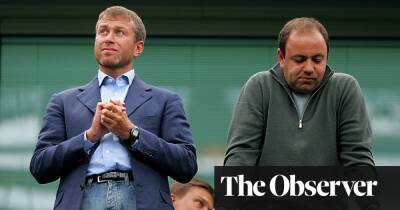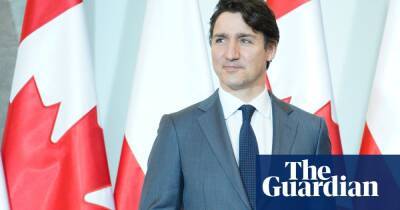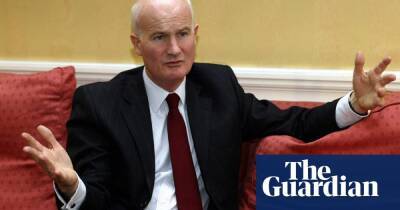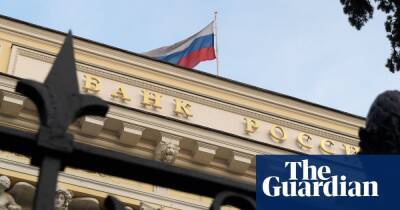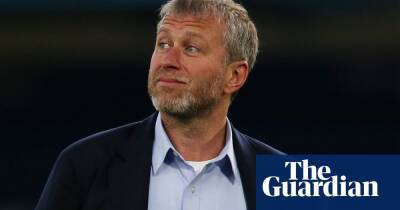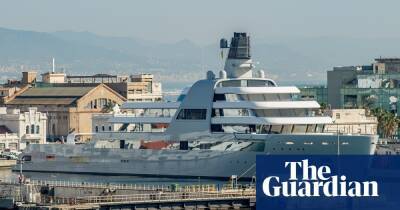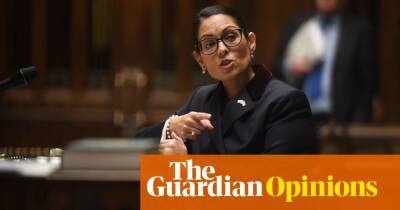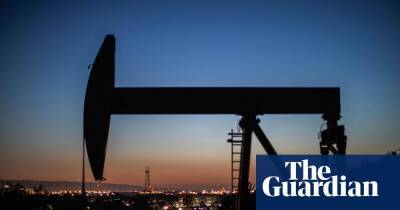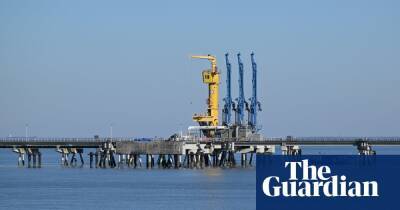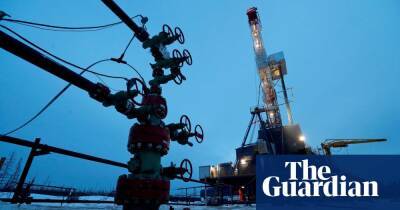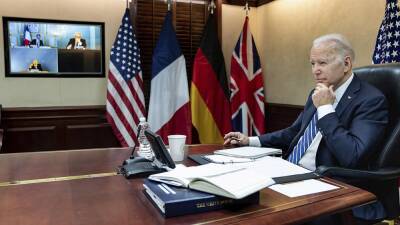UK’s vulnerability to corruption uncovered amid slow sanctions response
There are three reasons why the UK government has yet to show itself to be serious about sanctions against figures linked to Vladimir Putin’s regime in Russia.
Together, they show the threat the UK poses to the effectiveness of the international response to the invasion of Ukraine. They also reflect the UK’s deep vulnerability to corruption, and the extent to which the UK continues to facilitate corruption and tax abuse all around the world.
The UK government has participated, thus far, in the international response to Russia’s invasion. It is a signatory with the EU and US to last week’s joint statement on “further restrictive measures” that may herald one of the most far-reaching steps to pierce financial secrecy.
But Britain’s own action on oligarchs has been criticised by Labour, and by Tory backbenchers, as paltry by comparison with those of its allies. While the EU has now blacklisted a clutch of billionaires, including Russia’s richest man, Alexei Mordashov, Boris Johnson’s government has been timid. The most significant new name on the UK list is Alisher Usmanov, added on Thursday night, in an announcement rushed out minutes before President Joe Biden revealed the US would join the EU in blacklisting the metals tycoon.
The first reason for this lack of ambition may be the simplest. The Conservative party has long received funding from figures connected to – or at the absolute minimum, rich after association with – the Putin regime. Political donations may or may not lead to direct influence. With certainty, however, and much like the ownership of leading football clubs, they raise profile and a sense of being part of the establishment.
The second reason is closely related, and more substantive. Being part of the
Read more on theguardian.com



